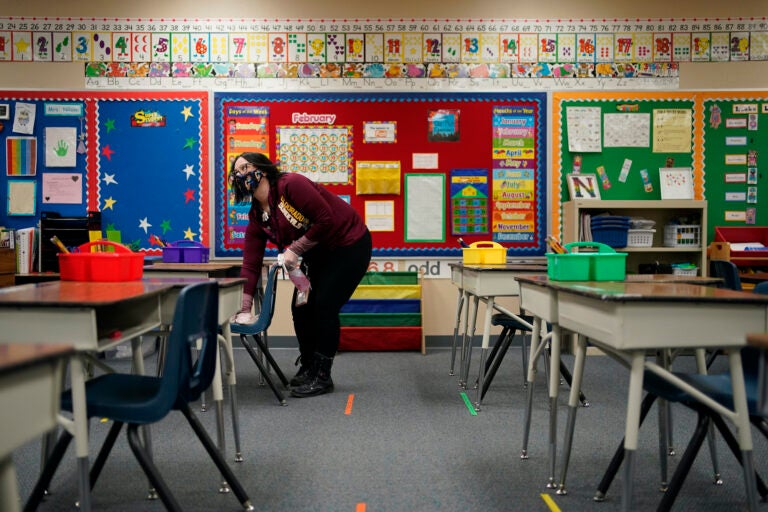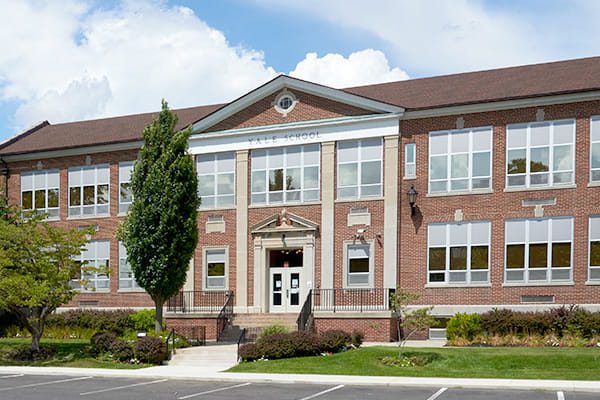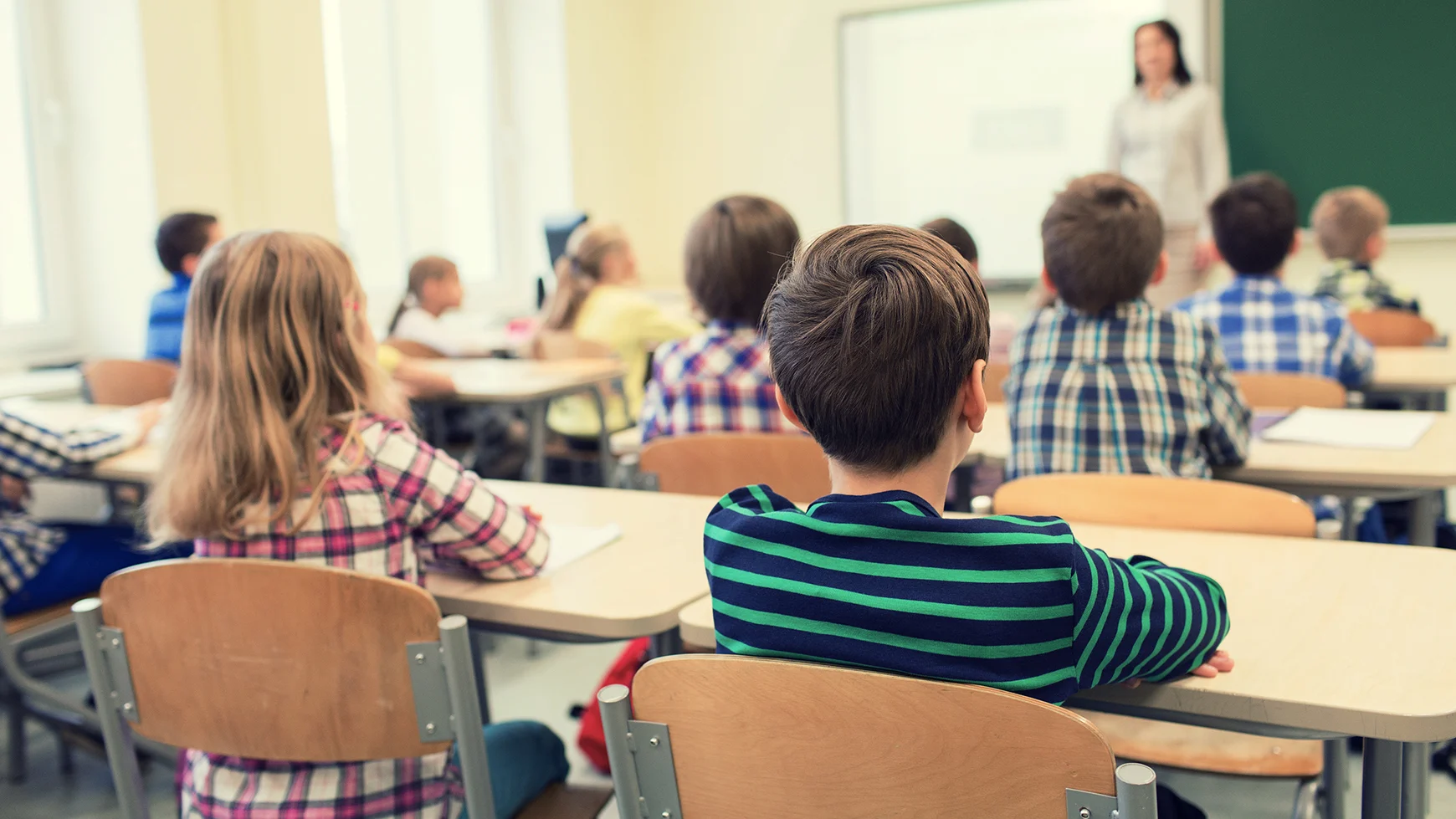The Role of Moms And Dads and Teachers in the Initiative to Save Temecula Schools
The Role of Moms And Dads and Teachers in the Initiative to Save Temecula Schools
Blog Article
The Influence of School Environments on Academic Success and Personal Health
The school environment significantly influences both scholastic success and individual wellness, incorporating components such as physical layout, class ambience, and interpersonal characteristics. The style of instructional rooms, consisting of all-natural lighting and ergonomic furniture, can improve pupils' focus and comfort. The top quality of teacher-student relationships and the nature of peer interactions play essential roles in promoting an ambience favorable to learning and psychological assistance. Recognizing how these different factors interaction to shape pupil outcomes increases vital questions concerning maximizing educational setups for holistic development. Just how can institutions purposefully boost these elements to much better support their students?
Physical Format and Layout
How does the physical format and design of a college effect scholastic success? The arrangement and aesthetic of a college environment can significantly affect trainees' understanding results.
Natural lights and efficient air flow systems are crucial in improving cognitive function and minimizing absence. Studies have actually revealed that classrooms with adequate natural light enhance pupil concentration and reduce sensations of sleepiness. Ergonomic furniture tailored to trainees' demands can prevent physical discomfort, enabling for prolonged focus and engagement in scholastic activities.
Accessibility to outdoor spaces and visually pleasing environments additionally play a crucial duty - Save Temecula Schools. Eco-friendly spaces and well-kept institution grounds supply chances for exercise and mental relaxation, both of which are important for keeping high levels of academic efficiency. Essentially, an attentively made physical atmosphere can serve as a stimulant for academic quality, promoting an atmosphere that supports both training and knowing
Class Atmosphere
A positive classroom atmosphere is essential to achieving academic success. An environment that cultivates a feeling of safety, inclusivity, and mutual respect encourages students to involve even more proactively in their learning processes. The atmosphere of a class, consisting of elements such as illumination, sound degrees, and seating plans, can substantially affect trainee focus and inspiration. A well-ventilated, well-lit class with minimal interruptions can improve cognitive feature and lower tension, therefore advertising far better academic outcomes.
Additionally, the class environment should support a culture of cooperation and open interaction. They are more likely to engage deeply with the material and develop essential believing abilities when students feel comfortable expressing their ideas and asking questions. Peer interactions and team activities can boost knowing by fostering and providing varied perspectives team effort
In addition, establishing clear assumptions and constant regimens can develop a structured atmosphere that allows trainees to concentrate on their studies. By decreasing uncertainty and providing a foreseeable framework, trainees can much better handle their time and duties. Eventually, a positive classroom atmosphere not only enhances scholastic efficiency but additionally adds to the overall wellness of students, preparing them for future educational and personal ventures.
Teacher-Student Relationships
Structure on the significance of a favorable class atmosphere, the connections between students and teachers play an essential role in forming scholastic success. A healthy teacher-student connection fosters a finding out setting where students feel valued, comprehended, and sustained, which considerably improves their motivation and interaction. When pupils perceive their educators as compassionate and approachable, they are more probable to participate proactively in course and look for help when needed, contributing to a deeper understanding of the topic.

This depend on enables pupils to reveal their concepts and issues openly, fostering a collective understanding environment. In essence, solid teacher-student partnerships More about the author are a cornerstone of instructional success, playing an important function in both scholastic accomplishment and personal development.
Peer Communications
Peer interactions considerably affect academic success by shaping a trainee's social and cognitive development. Within the institution atmosphere, peer connections serve as a foundational element for discovering and individual development. Favorable peer interactions can enhance a student's inspiration and engagement in scholastic tasks with collective discovering and mutual support. When pupils collaborate in team setups, they trade concepts, solve issues collectively, and develop important assuming abilities. Such communications foster a sense of belonging and community, which is vital for emotional wellness and academic perseverance.

Reliable peer interactions likewise add to the advancement of necessary life skills, such as communication, dispute, and collaboration resolution. These social expertises are crucial for both academic success and personal health, highlighting the value of fostering positive peer dynamics within the institution atmosphere.
After-school Activities
Participating in extracurricular activities plays an essential function in a student's academic success and personal development. These activities, varying from sporting activities teams to discuss clubs, supply trainees opportunities to develop useful abilities such as management, time monitoring, and synergy. Study consistently suggests that pupils that join after-school activities tend to achieve higher academic performance. This correlation is commonly credited to the organized environment and the discipline required to stabilize both extracurricular and academic dedications.
Moreover, extracurricular involvement fosters a feeling of belonging and neighborhood, which is important for individual wellness. Joining group tasks allows pupils to develop and strengthen socials media, boosting their social and emotional intelligence. These communications are essential for creating interpersonal skills that are valuable in both scholastic and future expert environments.
Furthermore, extracurricular activities offer a positive outlet for students to discover their passions and passions past the conventional curriculum. This exploration can result in the exploration of new abilities and potential occupation paths, additionally encouraging students to engage even more deeply in their scholastic work. Finally, the duty of extracurricular tasks expands beyond mere entertainment; they are integral to promoting an alternative instructional experience that promotes both academic success and personal development.
Verdict
Attentively i was reading this created physical formats and class, along with favorable teacher-student relationships and positive peer interactions, substantially improve trainee motivation and interaction. These aspects collectively highlight the importance of creating and preserving optimum college settings for the benefit of students' scholastic and individual growth.
Ultimately, a positive classroom environment not just improves academic efficiency however additionally adds to the overall well-being of trainees, preparing them for future academic and personal endeavors.

Report this page